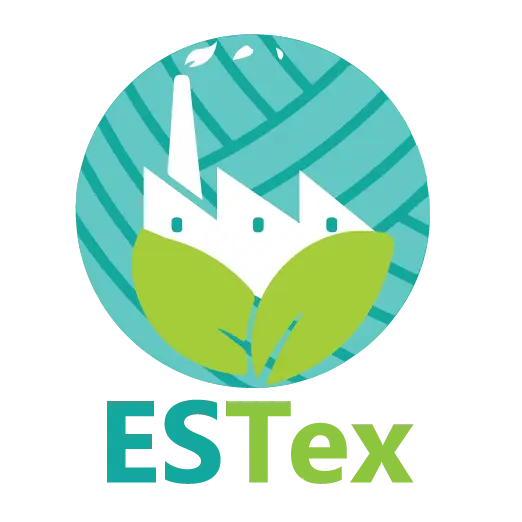Wastewater Management: Capacity Building and Promoting Local Innovation
a) The characteristics of textile effluents are complex and dynamic. They are different from municipal effluent, and other industrial effluents. Depending on suppliers’ demands, production practices, product types, and colour shades, the characteristics of textile effluents can vary within a short span of time, indicating the dynamicity and complexity of these effluents. In addition, these effluents are generated in large volumes compared with other industries. Therefore, design and operation of textile ETPs requires proper training, expertise, and experience. . In Bangladesh, training opportunities for ETP management and operators are very slim. As the prime technological university of Bangladesh, BUET can take the lead in offering training and workshops specially designed for factory ETP management and operators. The training programmes will cover Industrial Pollution, Legislations and Standards, Cleaner Production Options, Basics of Effluent Treatment, Choosing Effluent Treatment Plant, Managing and Monitoring ETP, Flow Segregation Options of ETP, Water Recycle and Zero Liquid Discharge, Performance Indicators and In-house Water Testing, and Solid Waste Management.
b) Waste management solutions offered by local and international suppliers and contractors are typically generalized, and often not tailored to the local needs. Changes in legislation and policies, such as the inclusion of new concepts like ZLD (zero liquid discharge) and salt recovery will require innovative green solutions, befitting the needs of local industries. To promote local innovation in environmental sustainability, award competitions for local technologists and entrepreneurs will be organized; seed money will boost local waste management capacity, and will improve the quality of waste (effluent and ETP sludge) management. Student award competitions for high school/college/university students will encourage them to extensively study textile effluents, and to come up with effective/economic/out-of-the-box solutions, training them to become future environmental technologists. [Note: in 2017, a high school team from Bangladesh represented the country in the international finals of Stockholm Junior Water Prize, organized by SIWI, and won the Diploma of Excellence award. They presented cheap, feasible and an effective method of textile grey water treatment. The participants were also the winners of the Bangladesh Stockholm Junior Water Prize]
Activity 5 will result in domestic technology development, research and innovation, and improvement in technological capabilities of local ETP suppliers. The Activity will also help building capacity of local industries, and promote greater adoption of environmentally sound management of effluents. Thus, Activity 5 will help achieving SDGs 9.5, 9.b and 12.a.
